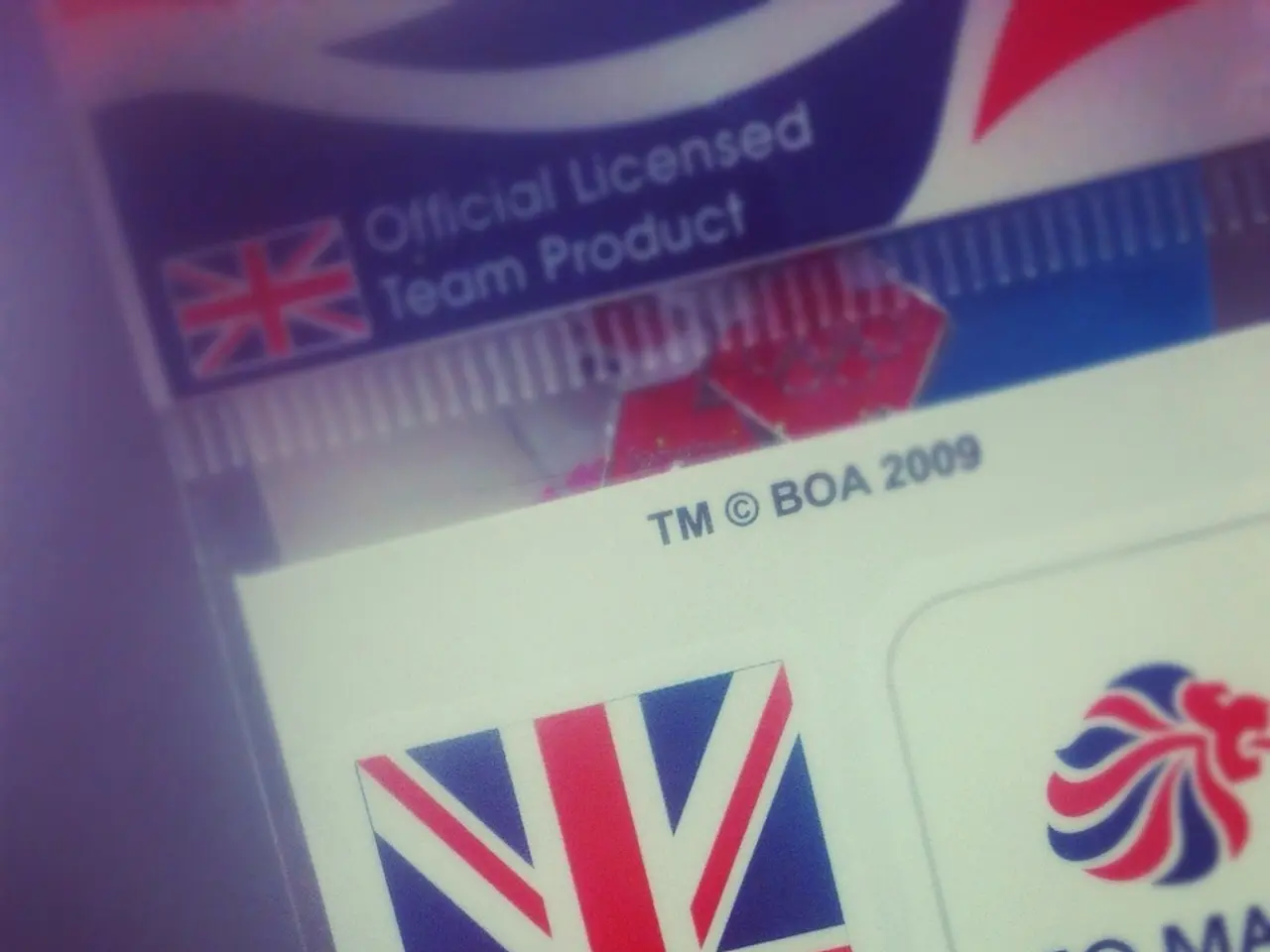Zelensky Implements New Legislation Regarding Anti-Corruption Bodies - President Selenskyy enacts a novel law concerning anti-corruption institutions
Ukraine Restores Independence of Anti-Corruption Agencies, Winning EU Approval
In a significant move to combat corruption, Ukrainian President Volodymyr Zelensky signed a new law on July 31, 2025, restoring the independence of key state anti-corruption agencies, including the National Anti-Corruption Bureau of Ukraine (NABU) and the Specialized Anti-Corruption Prosecutor’s Office (SAPO) [1][3].
The new law reverses a controversial bill enacted on July 22, 2025, which had significantly curtailed the independence and powers of these agencies by granting extensive control over them to the politically appointed prosecutor general [2]. This move was widely criticized, with the European Union (EU) voicing disapproval over the undermining of Ukraine’s anti-corruption reform commitments crucial for closer European integration and financial support [1].
The previous restrictions on the independence of NABU and SAPO sparked protests in Ukraine last week, with dozens of people gathering near the Ukrainian parliament to show their support for the new law before the parliamentary vote [4]. The parliament, under public pressure, overwhelmingly voted to repeal the earlier restrictions and reinstate the autonomy of NABU and SAPO, garnering unanimous parliamentary support (331 deputies) [1][3].
The new law ensures the normal, independent operation of anti-corruption agencies and all law enforcement agencies in Ukraine. It also requires employees of anti-corruption agencies, police, and investigative agencies to undergo regular polygraph tests in the future [5].
German Foreign Minister Johann Wadephul has praised the parliamentary vote to restore the independence of anti-corruption agencies, stating that it was a good and necessary step to regain lost trust [6]. EU Commission President Ursula von der Leyen has welcomed the new law, emphasizing that reforms in Ukraine in the areas of the rule of law and anti-corruption remain essential for Ukraine's progress towards EU membership [7].
| Aspect | Initial Law (July 22) | New Law (July 31) | |-------------------------|-------------------------------------------------------|-------------------------------------| | Independence of NABU & SAPO | Significantly reduced; prosecutors gained control over investigations and charges | Fully restored; agencies regain autonomy | | Prosecutor General's power | Empowered to reassign cases and control charges | Limited; agencies operate independently | | Public reaction | Mass protests, strong civic opposition | Large public approval and relief | | EU position | Strong criticism, seen as rollback on anti-corruption | Supportive of restored independence |
The restoration of anti-corruption bodies’ independence is a major step in maintaining Ukraine’s commitment to fight corruption amidst the ongoing conflict with Russia, while aligning with EU expectations and preserving momentum towards deeper European integration [1][3]. Further reform steps in the fight against corruption are now needed in Ukraine, according to Wadephul [8].
- The restoration of the independence of anti-corruption agencies in Ukraine, such as the National Anti-Corruption Bureau and the Specialized Anti-Corruption Prosecutor’s Office, is a vital component of the country's employment policy, designed to combat corruption and align with EU expectations for deeper European integration.
- The recent developments in Ukraine's policy-and-legislation, including the repeal of the previous restrictions on anti-corruption agencies and the new law ensuring their independence, have significant implications for the nation's politics and general news, as this is crucial for preserving public trust, fostering relations with the European Union, and progressing towards EU membership.








